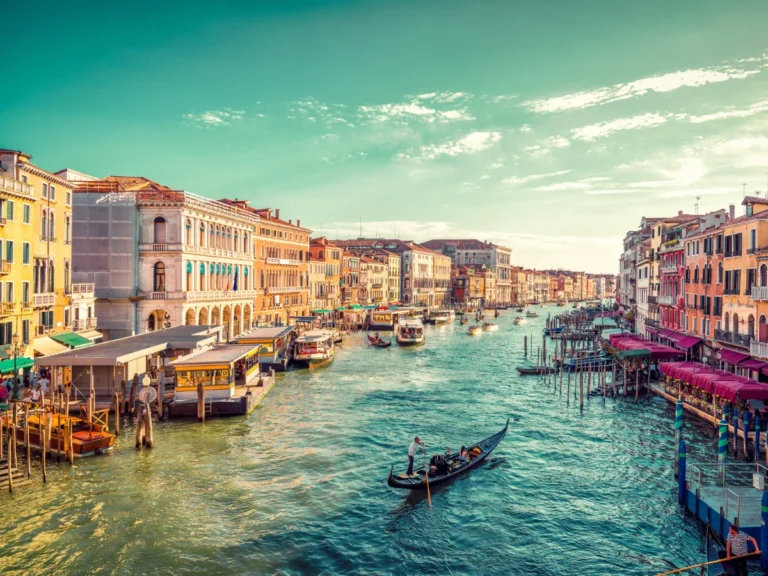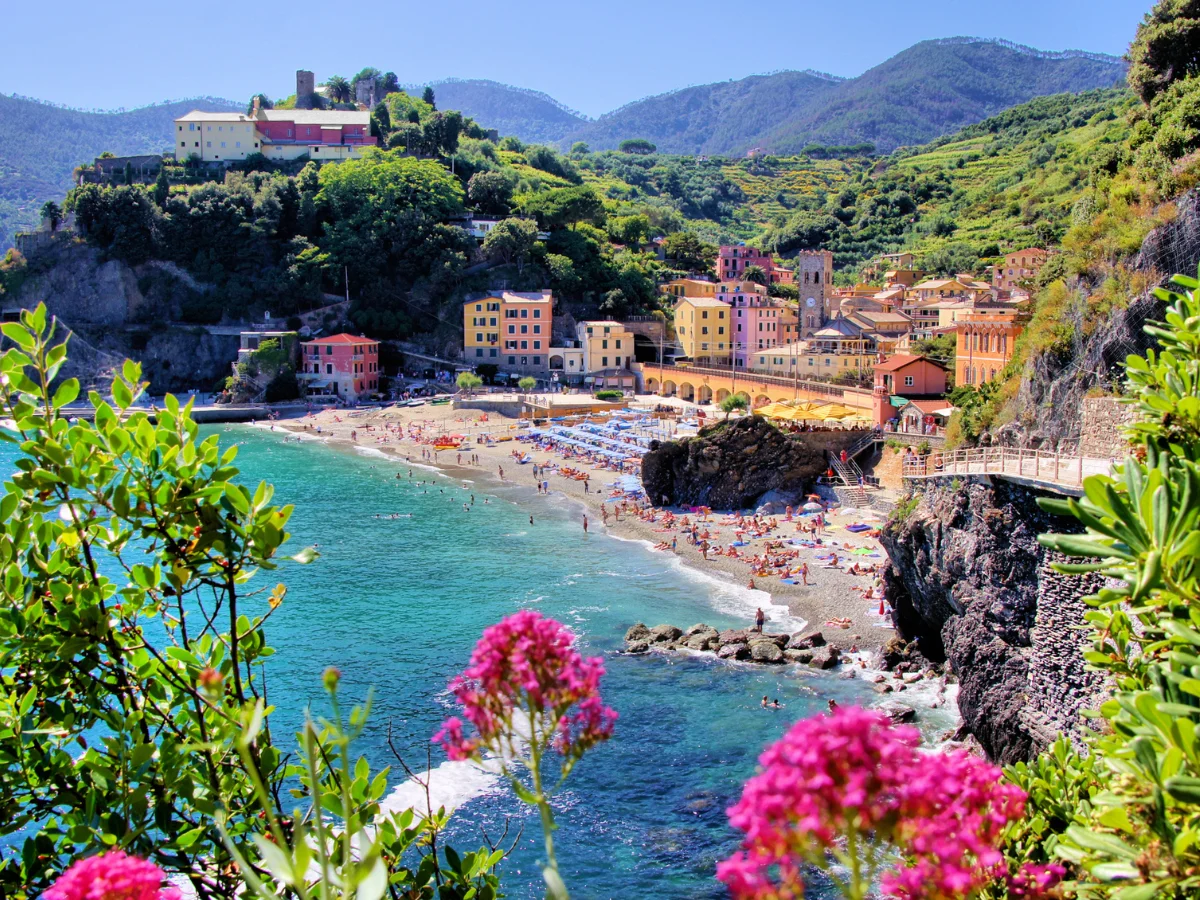The history of the Latin language
The history of the Latin language is a journey spanning millennia, from its origins in ancient Italy to its enduring influence on modern languages. Latin diversified into various dialects, including Classical, Vulgar, and Late Latin, each leaving its mark on literature and culture. Renowned writers like Virgil and Cicero crafted masterpieces, shaping Western literary tradition. Latin’s legacy extends beyond the Roman Empire, influencing Romance languages and even English vocabulary. Its revival during the Renaissance ensured its preservation as a language of academia and scholarship.

The history of the Latin language
Development
Latin, an ancient Indo-European language, originated in the region of Latium in central Italy. It evolved from the Proto-Italic language spoken by early Italic tribes, gradually developing its own distinct characteristics.
Dialects
Over time, Latin diversified into various regional dialects, reflecting the cultural and geographical diversity of the Roman territories. Notable dialects include Classical Latin, Vulgar Latin, and Late Latin, each serving different linguistic purposes and audiences.
Literature
Latin literature flourished during the Roman Republic and Empire, producing influential works in poetry, prose, and oratory. Writers like Virgil, Cicero, and Ovid crafted masterpieces that shaped Western literary tradition and cemented Latin’s status as a literary language of prestige.
Influence
Latin’s influence extended far beyond the boundaries of the Roman Empire. As the language of scholarship, religion, and diplomacy, it spread throughout Europe and beyond, leaving a lasting imprint on countless languages, including English, French, Spanish, and Italian.
Legacy
Despite the decline of the Roman Empire, Latin continued to exert a profound influence on European languages, especially through the dissemination of Christian texts and the establishment of Latin as the language of the Catholic Church.
Modern Descendants
Many modern languages trace their roots back to Latin, either directly or indirectly. Romance languages such as Italian, French, Spanish, Portuguese, and Romanian evolved from Vulgar Latin, while English absorbed a significant portion of its vocabulary from Latin through the influence of Christianity, scholarship, and colonization.
Revival and Preservation
Latin experienced a revival during the Renaissance as scholars sought to reconnect with classical antiquity. This renewed interest in Latin led to its preservation as a language of academia, law, and science, ensuring its enduring relevance in scholarly discourse.
Conclusion
The history of the Latin language is a testament to its enduring legacy and influence on Western civilization. From its humble origins in ancient Italy to its widespread dissemination across Europe and beyond, Latin continues to shape our understanding of literature, language, and culture, underscoring its timeless importance in the annals of human history.



